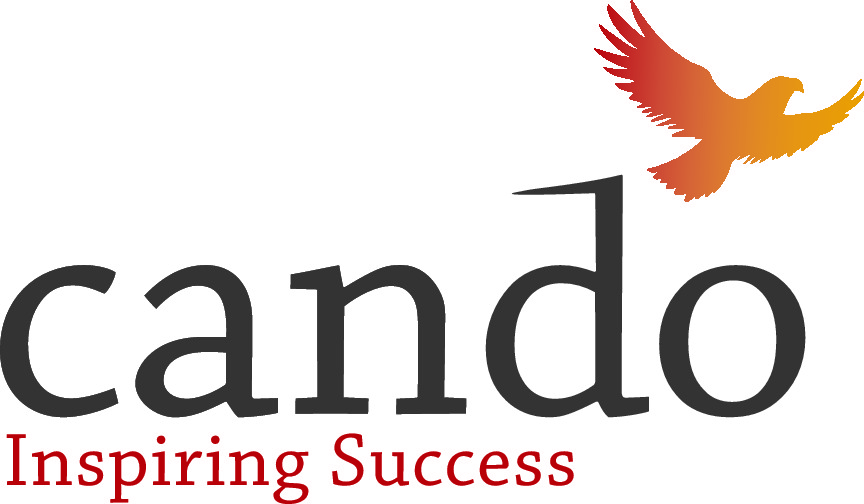Contextualizing Lessons Learned from Sharing Knowledge-Building Relationships: Aboriginal Experiences in the Cross-Cultural Workplace
DOI:
https://doi.org/10.29173/jaed378Keywords:
Baby boomers, Business And Economics, Canadians, Clinical medicine, College campuses, Context, Culture, Education, Employment, Ethnic Interests, Indigenous peoples, Knowledge sharing, Learning, Mindfulness, Native North Americans, Personal experiences, Presentations, Psychologists, Psychology, Reconciliation, Research, Students, Understanding, Workplaces, Aboriginal Case Study, Indigenous workplace, Cross-cultural workplace, Indigenous case studyAbstract
Questioning, seeking information and understanding, and ultimately learning, always occurs within a context, and that context affects what questions are asked, how information and understanding are sought, and ultimately, what learning occurs. Knowing the place, the time, and the people involved in any quest for understanding is to know more about how the learning took place and how new understandings were developed. The larger context for the lessons from research that was facilitated through the Sharing Knowledge-Building Relationships: Aboriginal Experiences in the Cross-Cultural Workplace gathering reported elsewhere in this volume (Adair, Kwantes, Stonefish, Badea, & Weir, this volume) is important to consider as it shaped the questions, methods and learning. Personal experiences and societal context prompt questions, inform seeing, and impact understanding. This article, therefore, seeks to set the context for the information shared at this 2 day gathering with a focus on Aboriginal experiences in the workplace, setting the stage for understanding the time and the place for the learning that took place, by explicating the societal context, the location, and the activities of this event.
Downloads
References
Aboriginal Human Resource Council (AHRC). (2013). It’s good for Canada. Retrieved from https://indigenousworks.ca/en/about/its-good-for-canada
Adair, W., Kwantes, C. T., Stonefish, T., Badea, R., & Weir, W. (2017). “Conversations about Aboriginal work experiences: Reflections for community members, organizations, and the academy”. Journal of Aboriginal Economic Development, 10(2): 53–72.
Gelfand, M. J., Erez, M., & Aycan, Z. (2007). “Cross-cultural organizational behavior”. Annual Review of Psychology, 58: 479–514. doi:10.1146/annurev.psych.58.11045.085559
Universities Canada. (2015, June 29). “Universities Canada principles on Indigenous education”. Media Room News & Commentary. Retrieved from https://www.univcan.ca/media-room/media-releases/universities-canada-principles-on-indigenous-education/
Downloads
Published
Issue
Section
License
Copyright (c) 2017 Cando

This work is licensed under a Creative Commons Attribution-NonCommercial-NoDerivatives 4.0 International License.




